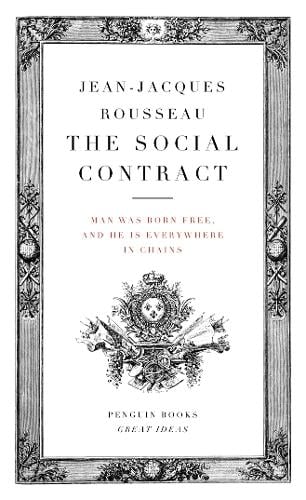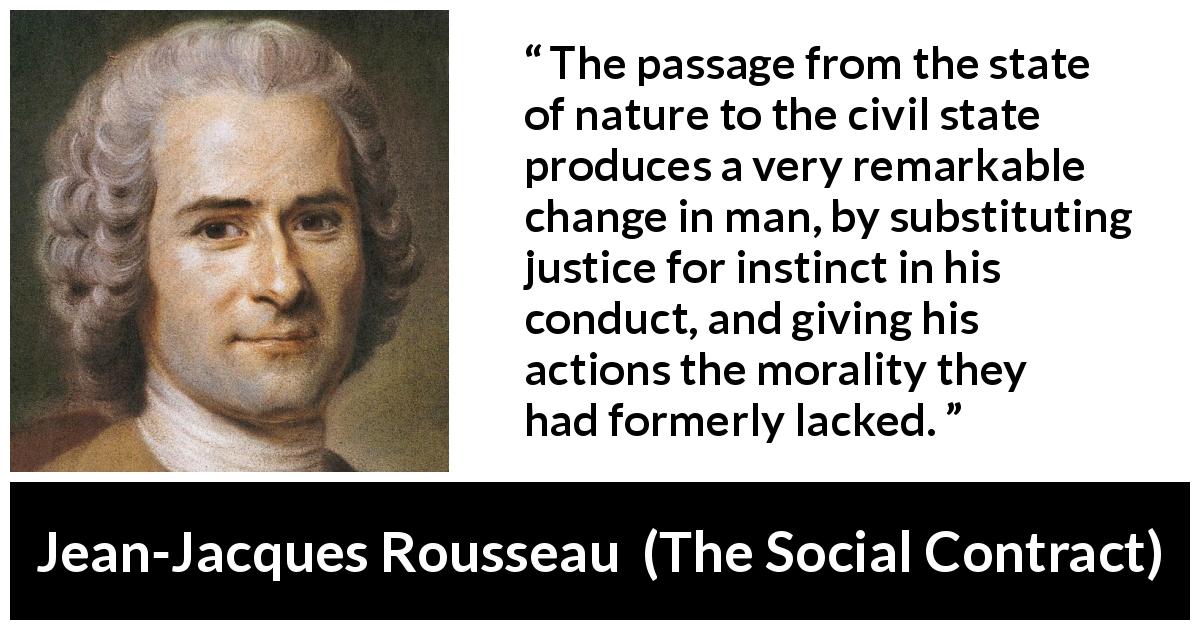
With the famous phrase, man is born free, but he is everywhere in chains. The rationale for democracy is to be found in game theory, in particular the principal agent framework in the economics of information. The Social Contract was written by Jean-Jacques Rousseau and published in 1762. Then, just a year later in 1762, he published two major philosophical treatises: in April his definitive work on political philosophy, The Social Contract, and in May a book detailing his views on education, Emile. Actually, democracy is the sole political re- gime that promotes the truth in an open society. In 1761 he published a novel, Julie or the New Heloise, which was one of the best selling of the century. Rousseau asserts that only the people, who are sovereign, have that all-powerful right. The Social Contract argued against the idea that monarchs were divinely empowered to legislate. Thus, democracy nourishes an open society seeking the truth. As described in Du Contrat social (1762 The Social Contract), such liberty is to be found in obedience to what Rousseau called the volont gnrale (general will) a collectively held will that aims at the common good or the common interest. The Social Contract helped inspire political reforms or revolutions in Europe, especially in France.

His principle of falsification applies not only to scientific argument but also to social science beliefs and political propaganda. Only in an open society can hypotheses or models be falsified.

Political Regime, Information, Open Society, Scientific Discovery, Knowledge Growth, Popper, Principal AgentĪBSTRACT: Karl Popper discovered the link between the open society and scientific dis- covery with the help of his analysis of growth of scientific theories (Popper, 1945, 1959). The Social Contract Jean-Jacques Rousseau and 4 ‘sovereign’ is used for the legislator (or legislature) as distinct from the government the executive.


 0 kommentar(er)
0 kommentar(er)
